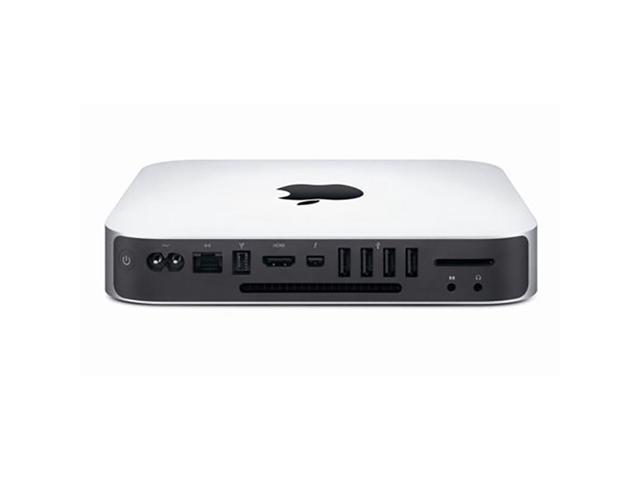


So why did Apple switch to dual-core processors in the "Late 2014" lineup? The only technical reason I can think of is that the Haswell dual-core processors use one socket (that is, the physical interface between the processor and the logic board) while the Haswell quad-core processors use different sockets:Īpple would have to design and build two separate logic boards to accommodate both dual-core and quad-core processors. The other models (which have a dual-core processor in the "Late 2014" lineup but a quad-core processor in the "Late 2012" lineup) is down from 70% to 80%. The "Good" model (which has a dual-core processor in both lineups) is down 7%. Unlike single-core performance multi-core performance has decreased significantly. This increase is in line with what we saw when other Macs models moved from Ivy Bridge to Haswell processors. Single-core performance has increased slightly from 2% to 8% between the "Late 2012" and "Late 2014" models. Here are the estimated scores for the "Late 2014" Mac minis alongside the actual scores for the "Late 2012" Mac minis: I expect the estimated scores will be within 5% of the actual scores for the Mac minis. Instead, I estimated the new Mac minis' scores by using data from other systems with the same processor. Unfortunately there are no Geekbench results for the new Mac minis in the Geekbench Browser to help us answer this question. How much this change will affect multi-core performance? Will the new Mac minis be slower than the old Mac minis? From the table you can see Apple has moved from dual- and quad-core processors in the "Late 2012" lineup to dual-core processors across the entire "Late 2014" lineup.


 0 kommentar(er)
0 kommentar(er)
